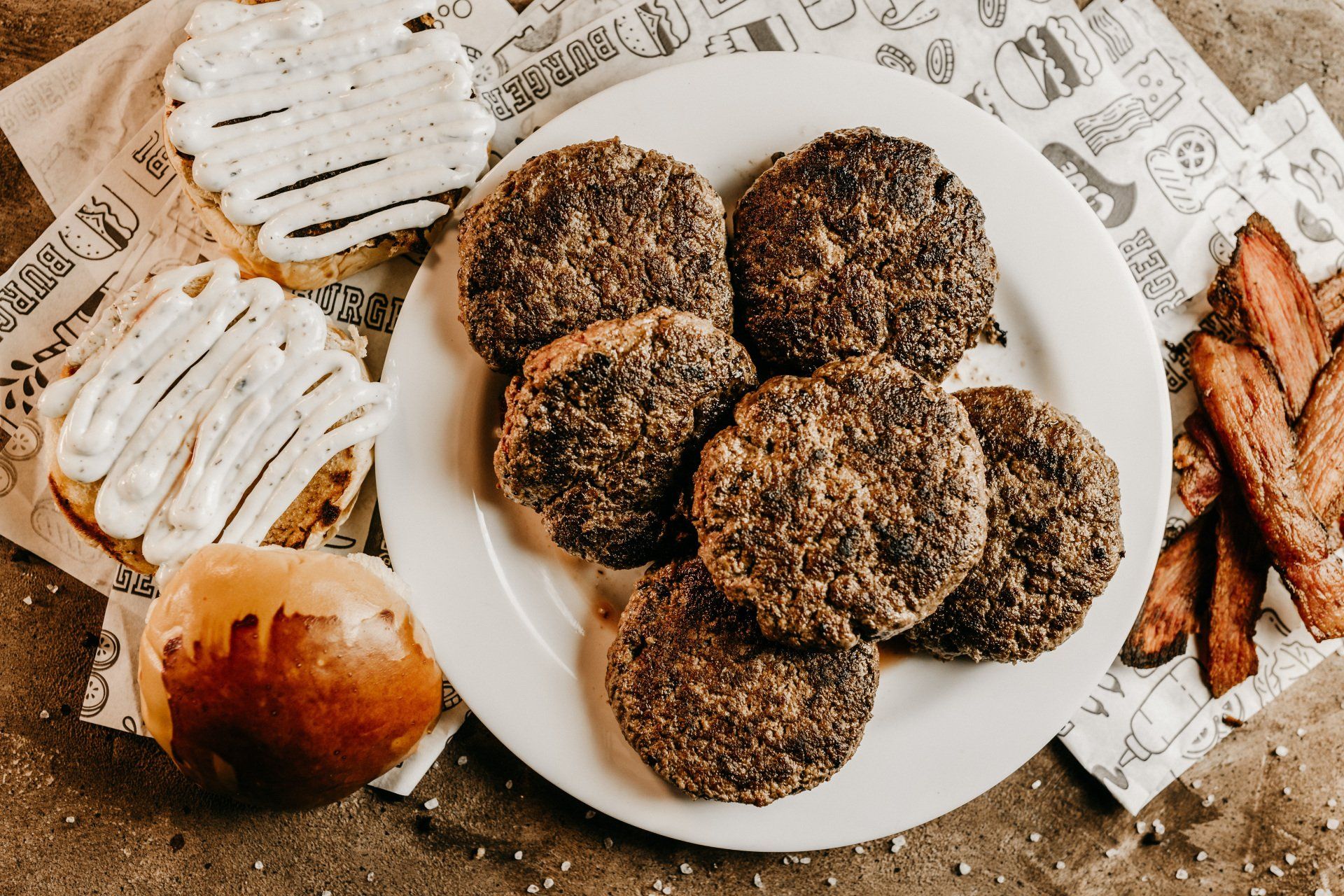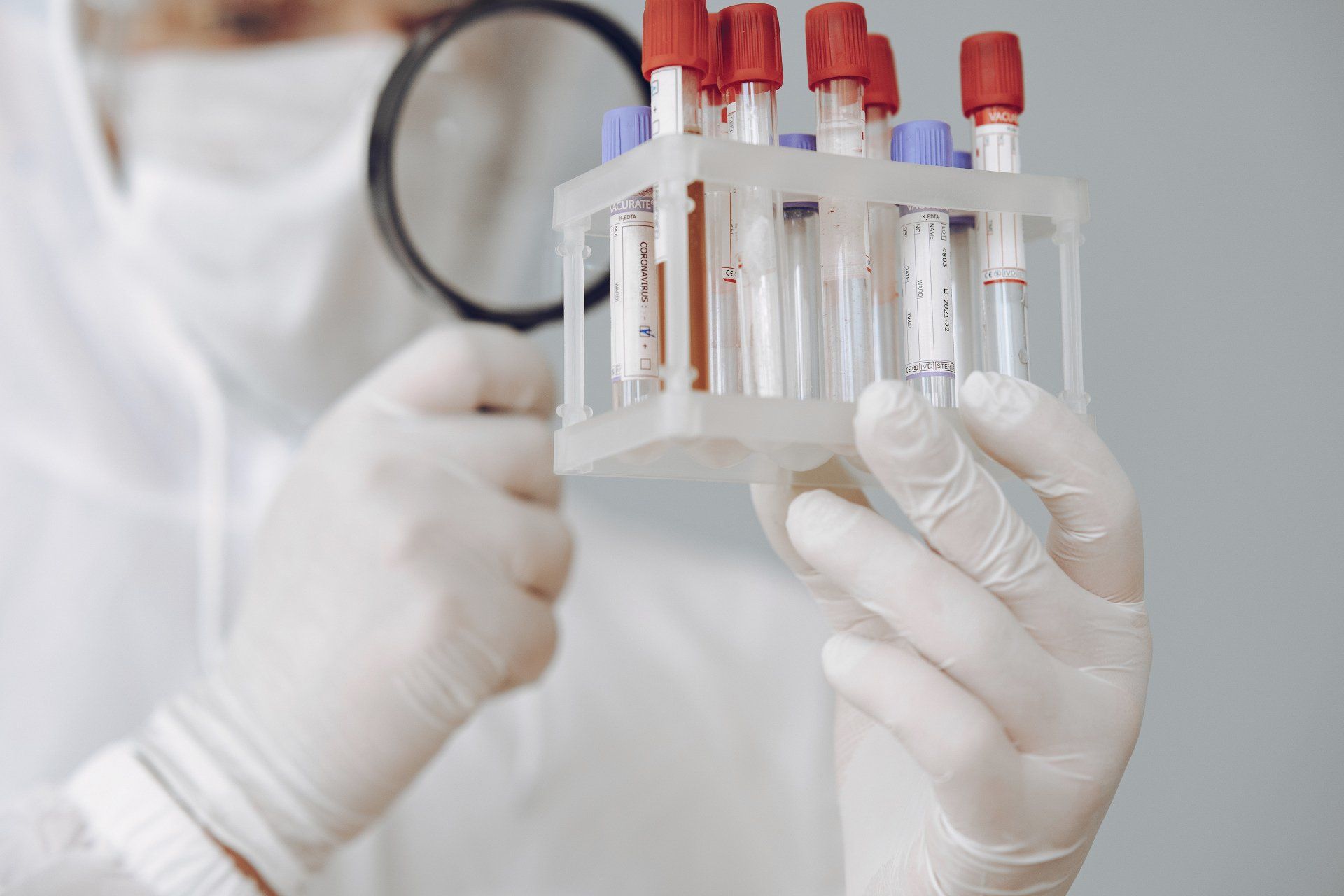Those in the carnivore tribe would say that vegan protein is causing our modern health issues. Those in the paleo circle would argue against whey protein because our ancestors wouldn’t have had access to it. Those in the bodybuilding community would say collagen protein is as nonsensical for building muscle as Bitcoin is for your retirement account. Needless to say, there’s always a critic.
To those I would say 1) most people need more diversity of plant foods in their life, 2) our ancestors also didn’t have access to iPhones and Teslas, and 3) collagen protein has merit elsewhere, as does Bitcoin. The first question you should ask yourself is “What is my primary goal with taking protein?” Muscle building? Taste? Convenience? Diversity? Health?
Vegan
The people who really should be choosing vegan proteins are the people least likely to. What do I mean by that? I think the best merit for vegan protein sources (outside of ethical considerations) is in those people who struggle to eat enough fruits and veggies. You know who’s most likely to purchase vegan proteins? Vegans, people already consuming a high amount of fruits and veggies (if they’re vegan properly). For those struggling to get in fruits and veggies, adding a vegan protein can help add diversity to their microbiome, feeding them plant material they’re not already accustomed to.
The risk? For people with underlying digestive issues, such as IBS (Irritable Bowel Syndrome) or IBD (Inflammatory Bowel Disease), adding concentrated plant sources can actually flare their digestive woes. If this sounds like you and you’d like to try a vegan protein source, I’d look for one that’s lower in carbs/prebiotics, as these are what typically cause the flares compared to protein molecules. Or, if it has higher carbs/prebiotics, look for one that has digestive enzymes added to it.
Whey
If your #1 goal is muscle building, it’s hard to argue with whey. Whey is a great source of L-glutamine, an amino acid that helps support leaky gut. I’ve had people tell me they’re lactose intolerant, so they can’t have whey. But, in fact, some wheys have such little lactose content (sometimes zero) that those with lactose issues can handle it just fine.
With people demonizing dairy products so much, I was expecting to find lots of research pointing to whey causing harm to the gut. As it turns out, whey may have little to no effect on the gut microbiota (1). I think where people may have a problem with whey, is in a two-pronged scenario: 1) whey not being properly digested, and 2) in the presence of leaky gut. We know that undigested proteins making their way into the bloodstream is a potential mechanism for autoimmune conditions and food sensitivities (2).
If you take one thing away from this whole article, take this: undigested protein has the most profound effects on the gut microbiota. If you CAN fully digest and absorb it, your gut will likely be okay.
Collagen
This one seems to be the most hyped in our current market (and the most $$$). It’s the protein our immune system is least likely to attack. It has amino acids (including our friend L-glutamine) that can be very beneficial for leaky gut.
Unfortunately, it’s not that great for muscle and strength. But hey, if you’re having lots of gut issues and can’t train as much as you’d like, then using collagen protein may improve your gut enough to keep you consistent in the gym, hopefully allowing you to improve your fitness. I also know of people who use it because they feel “it’s easier to digest than other proteins.” Which, hey, if it works for you, I’m not going to mandate you stop taking it.
So, is it a little overhyped? Maybe. I’d recommend people to have a source of glutamine and glycine (another amino acid in collagen) in their diet, and if you have the disposable income and want to support your favorite health guru, try some collagen.
In reality, the best proteins for your gut are the ones you’re going to digest fully. If our gut bacteria get their hands on some undigested protein, they can produce some nasty smelling gas. But if you’re trying to leave your work Christmas party, maybe that’s your ticket out.
If you’re interested in taking a deeper dive into the world of not just protein supplements, but gut health supplements and their effect on your fitness performance, check out my FREE guide, The CrossFitters Guide to Gut Health.
As always, Trust in Your Gut.
Disclaimer: The contents of this article are for educational purposes only, and are not intended to diagnose or treat any condition. Do not apply any of the information in this article without first speaking with your doctor.








